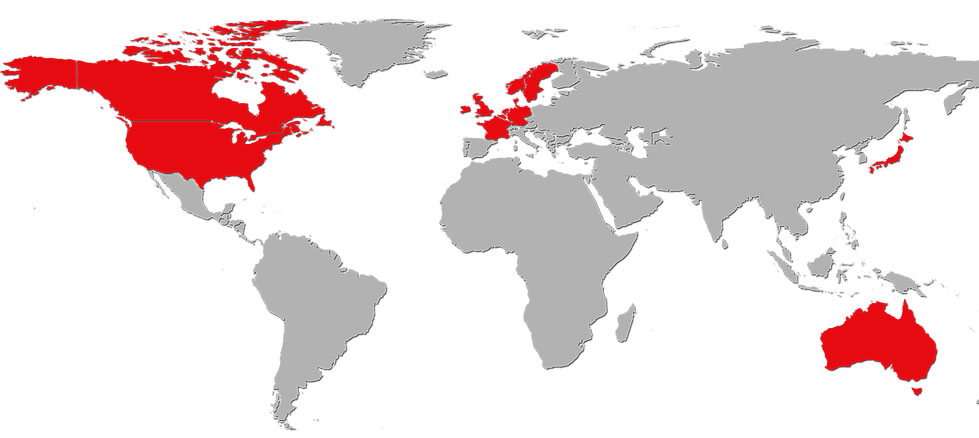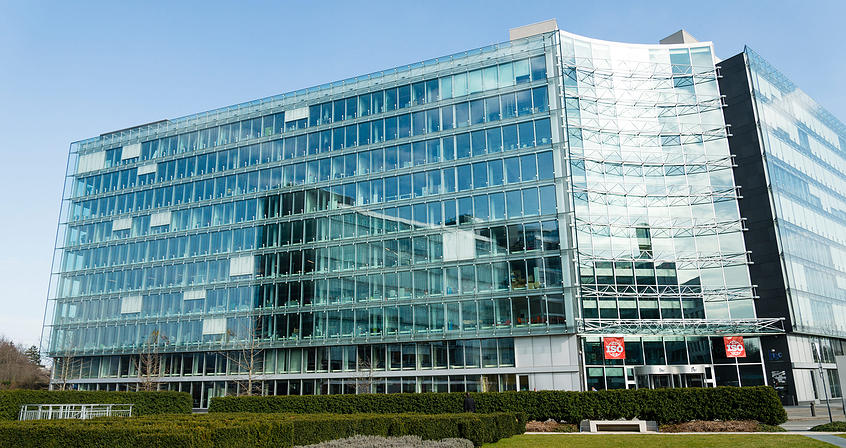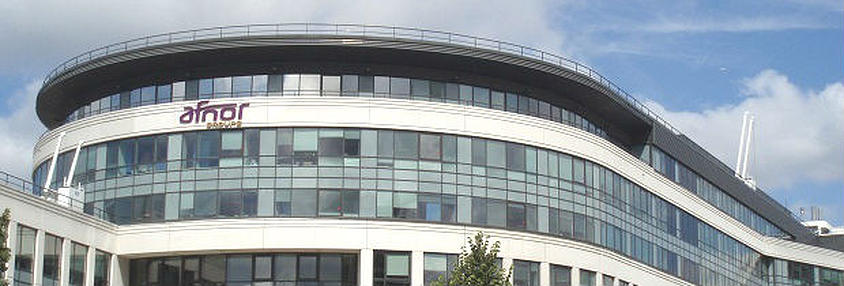Worldwide Recognition
Poseidon is chosen by 330 pools around the world

More lives can be saved with this advanced
technology installations worldwide
110 -
15 -
12 -
4 -
France
Belgium
Switzerland
Australia
60 -
25 -
8 -
4 -
United States
Germany
Norway
Hong Kong
20 -
12 -
15 -
4 -
Netherlands
Japan
Sweden
Canada
18 -
14 -
8 -
4 -
United Kingdom
Luxembourg
Denmark
Poland
Rewarded and Recognized by ISO

The most recognized authority for quality, ISO (“International Organization for Standardization”) has acknowledged the importance and contribution of the sophisticated computer vision technology to enhance the effectiveness of drowning detection. Experts all over the world have joined hands to further develop this technology to this international standard with an aim to enhance the life security of swimming pools in the world and give unprecedented assurance to all swimmers.
Rewarded and Recognized by AFNOR

The avant-garde French organization, AFOR Group, recognized the importance of Poseidon. The exclusive advanced technology of Poseidon using computer vision for drowning detection has been regarded as the country standard.
Rewarded and Recognized by RLSSA

“The Poseidon system is an excellent example of how advances in technology can support the work of our pool lifeguards. The results from overseas seem very impressive and I am sure that the computer surveillance technology will help save lives in Australia too. I believe that this technology will play an important part in aquatic life saving in the future”.
Rob Bradley
Chief Executive Officer
Royal Life Saving Society Australia
Warning: Poseidon is a drowner detection system and its main purpose is to complement and work alongside with lifeguards. Poseidon cannot replace the responsibilities and duties of the lifeguards and the system does not mean to reduce their vigilance. Poseidon does not save people from drowning but lifeguards do. Under no circumstances should the presence or use of Poseidon result in the reduction or modification of lifeguard staffing or duties as required by regulation or normal practices.
